American Psychological Association Division 50


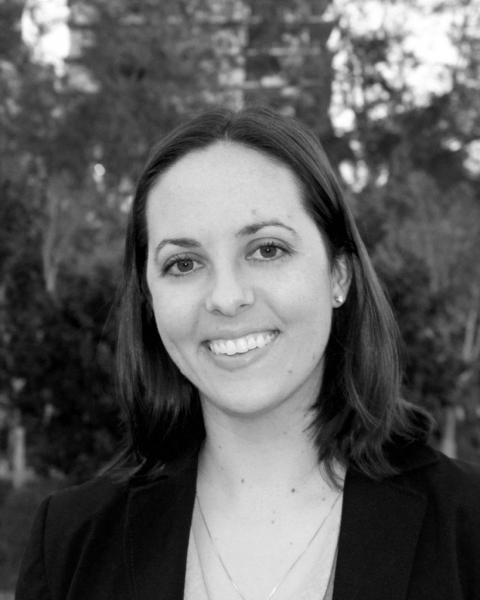

Sheidow, PhD, Mike McCart, PhD, Tess Drazdowski, PhD, & Jason Chapman, PhD
Oregon Social Learning Center
A team of scientists at the Oregon Social Learning Center have been awarded a NIDA R24 grant for the JEAP Initiative – a project aimed at advancing the research on recovery support services for justice-involved and emerging adult populations. The team is led by Division 50 member, Dr. Ashli Sheidow, and Dr. Mike McCart, with Co-Investigators, Dr. Jason Chapman and Dr. Tess Drazdowski. Throughout the five years of this project, we will have multiple opportunities for early career investigators and established researchers who are interested in researching recovery support services for people experiencing substance use disorders, including opioid use disorder. This summer, the first cohort of our Trainee program for early career investigators aiming to launch their career as NIH-funded researchers will begin. Apply this spring for this opportunity, which includes: a virtual Training Institute this summer, two years of remote and in-person mentoring from OSLC scientists and a panel of outside experts, and access to pilot study funding. Applicants with lived experience, and applicants from communities underrepresented in research, including communities of color, are encouraged to apply.
See more information and apply here: https://www.jeapinitiative.org/
Follow us on Twitter to hear about job postings, online trainings, and more: @OSLC_Research
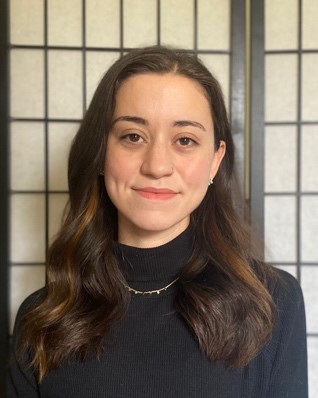
Emily Atkinson, MS
University of Kentucky
Emily Atkinson is a third year clinical psychology doctoral student at the University of Kentucky. She is currently a NIAAA predoctoral fellow whose research is focused, primarily, on examining the ways in which specific affect-based factors, such as negative urgency, affective lability, and rumination, transact to confer risk for problematic alcohol use. Through a grant awarded by the Lipman Foundation, Emily is also currently conducting a multi-phase study aimed at creating a multidimensional measure of drinking-related problems for both college student and non-college student adult populations. Existing measures of drinking-related problems and Alcohol Use Disorder (AUD) symptomology typically represent a single factor encompassing the total number of problems or symptoms endorsed. A limitation associated with this approach is that problems in different areas of functioning may have different etiologies and require different treatments. Analyses from the first two phases of data collection revealed five factors representing problems related (1) to impulsive or ill-advised action, (2) cognitive and emotional functioning, (3) interpersonal functioning, (4) conflicts at work, and (5) conflicts at school. Future work on this grant will examine the possibility that problems in different domains of functioning relate differently to measures of personality and affect-based risk.

Jack Waddell, MA
Arizona State University
As part of a local grant funded by Dr. Sharon Manne, Arizona State University doctoral student Jack Waddell was gifted a monetary award in 2020 to begin collecting Ecological Momentary Assessment (EMA) data. Jack, a trainee working under Drs. William Corbin and Laurie Chassin, has always hoped to become an EMA researcher, and this grant is making Jack’s dream a reality. The focus of Jack’s project will be on how deviations in one’s daily affect and drinking motivation relate to the decision to drink in either a social or solitary context later that night. Jack has begun data collection on this project, with over 50 participants already collected. This grant allowed Jack to not only secure resources to begin EMA data collection, but also allowed Jack to use a novel phone app (created by scientists at the University of Missouri) to collect momentary affect, motivation, and drinking data. While the project is largely focused on one’s drinking context, Jack will be oversampling for alcohol and cannabis co-users, and hopes to use some of this data for an NIAAA F31 application.
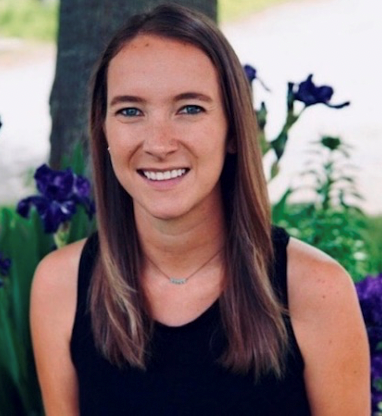
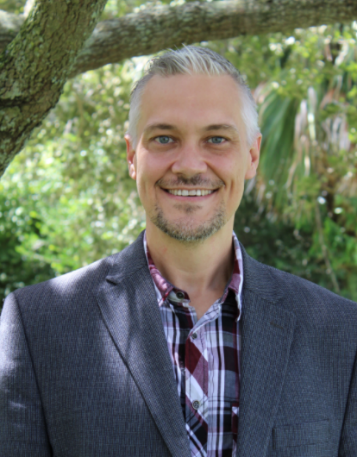
Roselyn Peterson, MS & Robert Dvorak, PhD
University of Central Florida
The Risk, Eating, and Addiction Longitudinally Examined Through In situ Momentary Experiences Laboratory (REALE-TIME Lab) at the University of Central Florida is directed by Dr. Robert Dvorak. REALE-TIME consists of six graduate students: Matthew Kramer, Roselyn Peterson, Daniel Pinto, Angelina Leary, Ardhys De Leon, and Emily Burr. College student alcohol use, substance use, and harm reduction are the common themes of REALE-TIME research. Specifically, Matt has a manuscript under review focusing on psychopathy, gambling protective behavioral strategies, and urgency related to gambling. Rosie recently had a manuscript accepted at the Journal of Affective Disorders on psychological consequences of regretted sexual experiences. Daniel presented a poster at RSA on the relationships between affect, stress, impulsivity, craving, and alcohol-use. Angie’s thesis, funded by her NSF Graduate Research Fellowship, focuses on identification of drinking identities. Ardhys recently published a first-author paper on daily patterns of emotional functioning and alcohol use in ACER, which was also featured as an article of public interest. And Emily presented a poster at the Eating Disorder Research Society conference, under review as a manuscript, focused on distress intolerance, emotion regulation, and loss of control eating. For more information, visit our Twitter (@SudsUse) and website (http://www.robdvorak.net/).
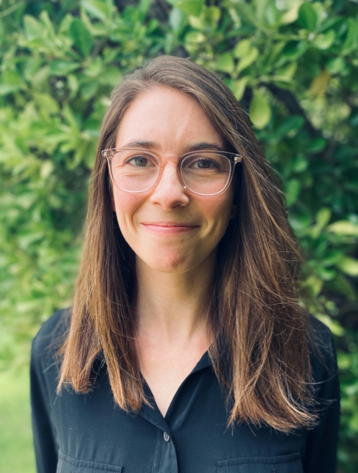
Elena Stein, MS
University of New Mexico
Elena Stein, MS, is a fifth year clinical psychology doctoral candidate at the University of New Mexico. She recently received an F31 training grant from NIAAA supporting her doctoral dissertation project, titled Validation of the Addictions Neuroclinical Assessment Among Diverse Individuals with Alcohol Use Disorder. The Addictions Neuroclinical Assessment (ANA is a recently hypothesized assessment battery to measure key domains of dysfunction in alcohol use disorder: executive function, incentive salience, and negative emotionality. Elena hopes to validate the ANA among a community AUD sample that is diverse with respect to sex, ethnicity, and treatment-seeking status. This project grows out of earlier work on the ANA with her lab: Tori Votaw, Julia Swan, and mentor, Dr. Katie Witkiewitz. In addition to her dissertation project, Elena’s F31 will support her professional development and training goals related to quantitative methods, integrating multimodal data, precision medicine, and measurement-based care. You can follow Elena on Twitter (@elenarstein) for updates on her research and pictures of her dog in the New Mexico mountains!
This is the place to show off your recent accomplishments, accolades, awards and/or to and highlight the cool ways in which you promote your lab (websites, Facebook pages, Instagram accounts, etc.). Send us a link and description of your current projects, awards, or media attention you may have received, and any other information that you would like to share with our readers. Please limit responses to 200 words and send to dana.litt@unthsc.edu by June 1, 2021.

Resources are available for those struggling with addiction and numerous effective treatments exist. Whether you are looking for help for yourself or a loved one, we encourage you to seek out help.